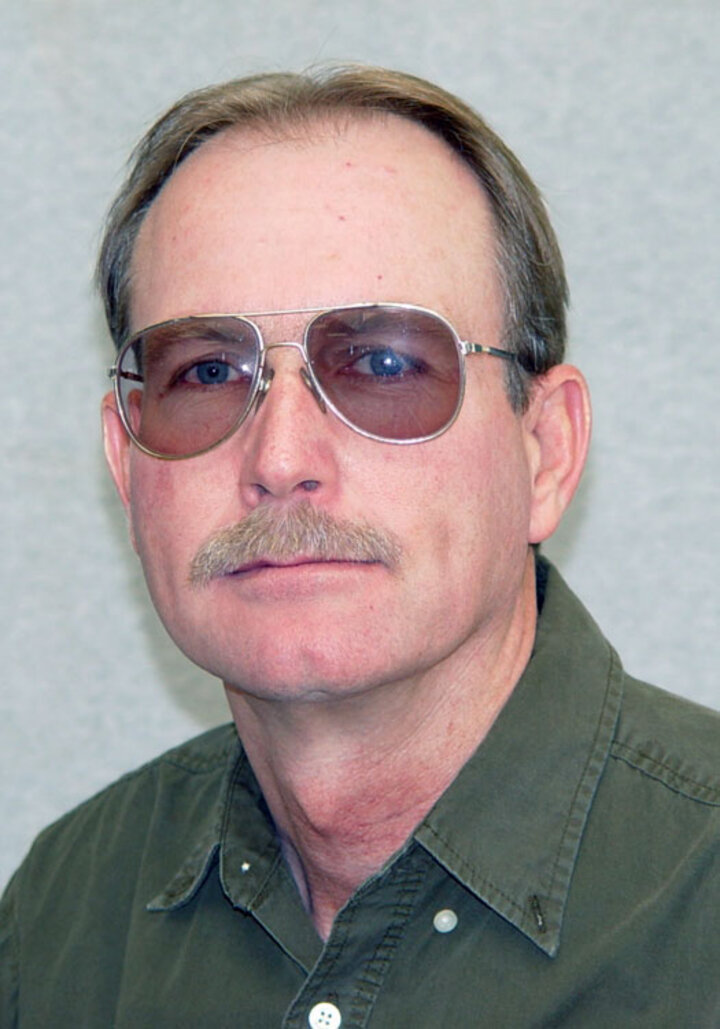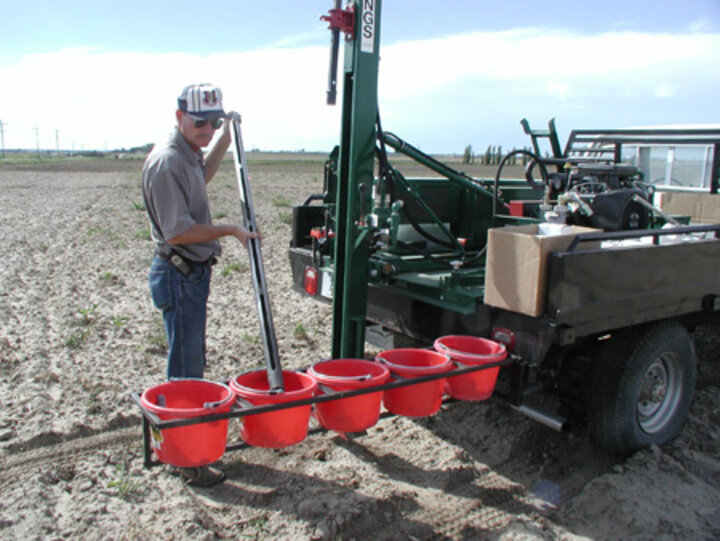
In the past 45 years, Rex Nielsen has been part of important research projects at the UNL Panhandle Research, Extension and Education Center (PREEC) in Scottsbluff.
The center’s involvement in agriculture appealed to him when he applied at PREEC in 1978 after his brother Kim had worked at the center.
“(I’ve) always been involved in agriculture, and this place, had a pretty good background,” he said.
Nielsen, a research technologist, has worked with many research scientists. He was among those who worked with soil scientists Charlie Fenster and Frank Anderson in the infancy of no-till research to reduce soil erosion and retain water or moisture in the ground.
“We were on the ground floor of developing no-till drills. We were the first to do that here,” Nielsen said.
The drills progressed and were noticed by implement manufacturer John Deere. The company worked with PREEC on developing its own drills.
“I think it’s fair to say, now, it’s all over the country (no-till practices) and enhances soil properties,” Nielsen said.
In the last few years, Nielsen has worked with Bijesh Maharjan, PREEC soil and nutrient management specialist, on the Western Sugar project using biochar as a soil additive.
Biochar or high carbon char is a soil amendment that can increase soil carbon concentration.

Nielsen said since the results came out, the biochar at Western Sugar has been hauled away in truckloads.
Nielsen will continue in agriculture with his brother Kim, as they still own the family ranch near Redington, Nebraska.
One of his last research projects concerned their ranch and controlling cheatgrass. He worked with Mitch Stephenson, PREEC range and forage management specialist. Cheatgrass is not new to the panhandle but is a challenge for the native plant communities.
“Rex has helped us to develop work to evaluate a new herbicide option on larger pastures on his property,” Stephenson said. “Rex provided valuable insight on other options to continue evaluating this product.”
Nielsen agrees that the herbicide performed well on his pastures, and the Envoy product looks promising.
For all years he has spent in fields, writing grants and meeting producers. Neilson said he enjoyed the research but would miss the people he’s known and worked with the most.
His last day at the UNL Panhandle Research, Extension and Education Center will be Friday, March 31.
